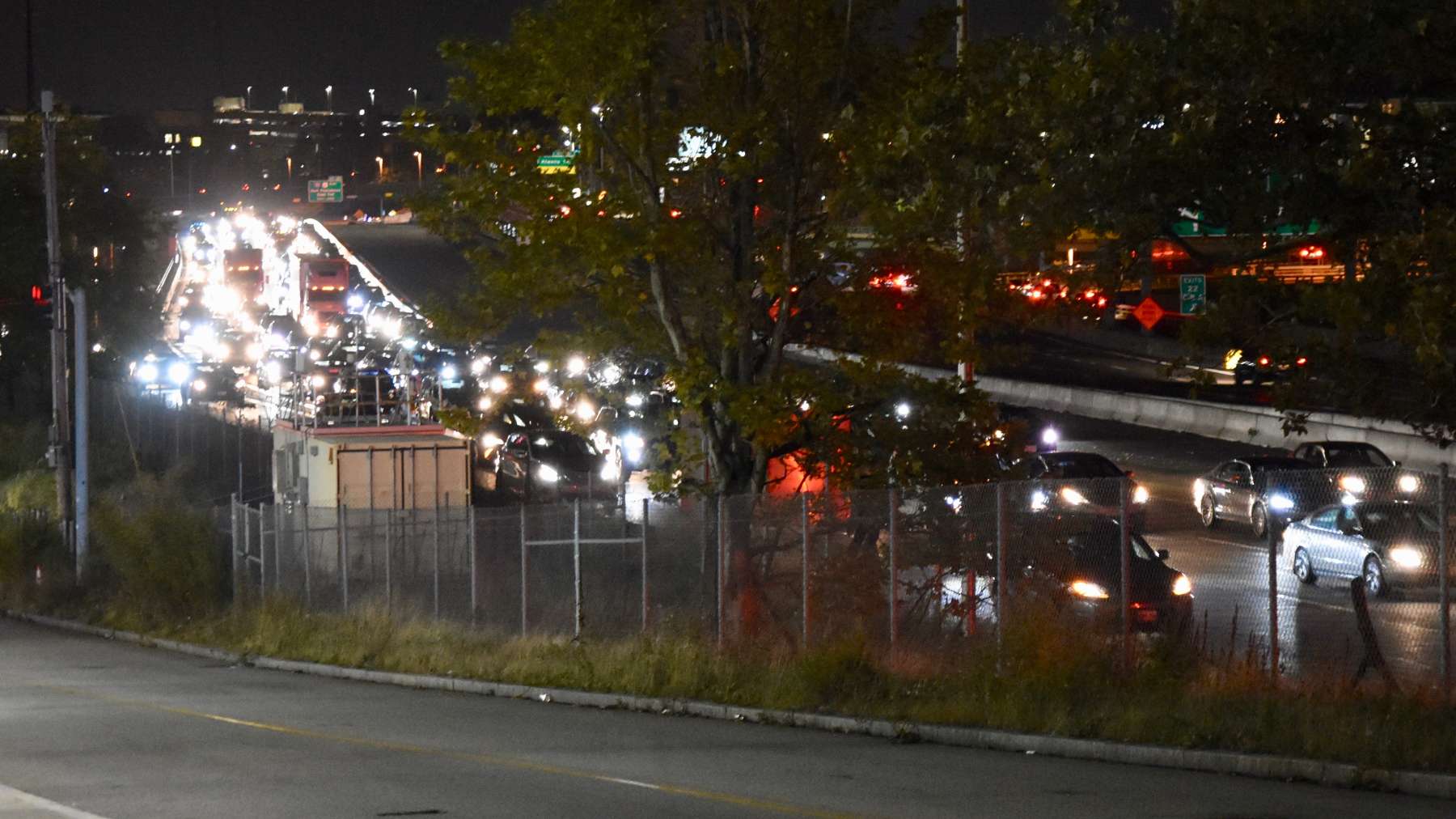RI National Lawyers Guild opposes House Bill 5001 and the criminalization of protest
Rhode Island General Laws 11-45-1 already criminalizes and punishes the intentional or reckless blocking of a highway. There is no need to make blocking a highway a felony crime with a mandatory sentence. If prosecutors decide there is probable cause to charge protesters, and there is sufficient evidence to convict them, then judges can determine the appropriate sentence.
February 2, 2021, 1:56 pm
By Rhode Island Chapter of the National Lawyers Guild
The Rhode Island Chapter of the National Lawyers Guild supports the rights of people advocating for racial justice and against police violence to protest, and strongly opposes House Bill 5001, which would make protesting on the highway a felony punished by mandatory minimum sentences. This bill appears to be a response to recent demonstrations protesting police violence, including the the failure of the legal system to hold those responsible for the murder of Breona Taylor and the injury to Jhamal Gonsalves accountable. It was proposed once before in 2015 following demonstrations protesting the police murder of Michael Brown in Ferguson. Such demonstrations are an important way for people to voice their frustration with a system in which Black lives do not appear to matter. And the intent of this bill is clearly to punish Black Lives Matter demonstrations.
Rhode Island General Laws 11-45-1 already criminalizes and punishes the intentional or reckless blocking of a highway. There is no need to make blocking a highway a felony crime with a mandatory sentence. If prosecutors decide there is probable cause to charge protesters, and there is sufficient evidence to convict them, then judges can determine the appropriate sentence.
Instead, mandatory sentences take away a judge’s role in crafting an appropriate punishment and give that power to prosecutors who decide whether to reduce charges to those with a non-mandatory sentence (usually in exchange for a plea or admission) or whether to move forward with charges which force prison time. This pressures an accused person to forgo their constitutional right to a trial, and their right to challenge whether the police violated their constitutional rights with a motion to suppress, and take a deal to avoid certain incarceration. Mandatory sentences thus shield police tactics from being questioned in the courts and protect police who violate people’s rights. They are also an engine of mass incarceration, forcing judges to impose prison time, even when such sentences don’t fit the crime.
Mandatory sentences are even worse when they are used to punish those who take action to challenge white supremacy. By threatening advocates for racial justice with a felony conviction and mandatory prison time, H 5001 would shore up the status quo of inequality. This bill will have a chilling effect because it is an attempt to further silence people and is yet another tool of oppression.
The Rhode Island Chapter of the NLG frequently sends Legal Observers to local protests as part of the NLG Legal Observer program first established in 1968. The National Lawyers Guild, whose membership includes lawyers, legal workers, jailhouse lawyers, and law students, was formed in 1937 as the United States’ first racially-integrated bar association to advocate for the protection of constitutional, human and civil rights.






